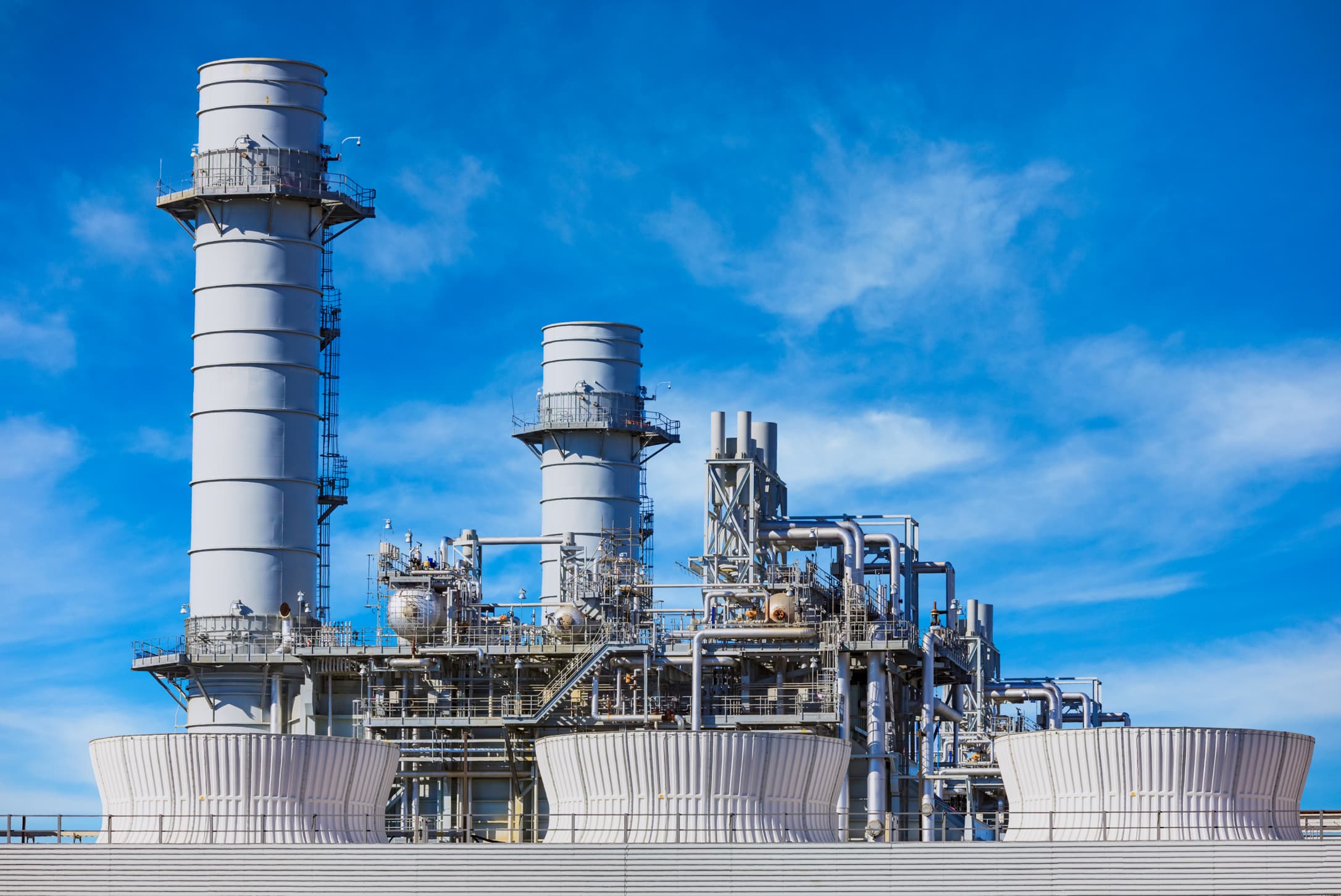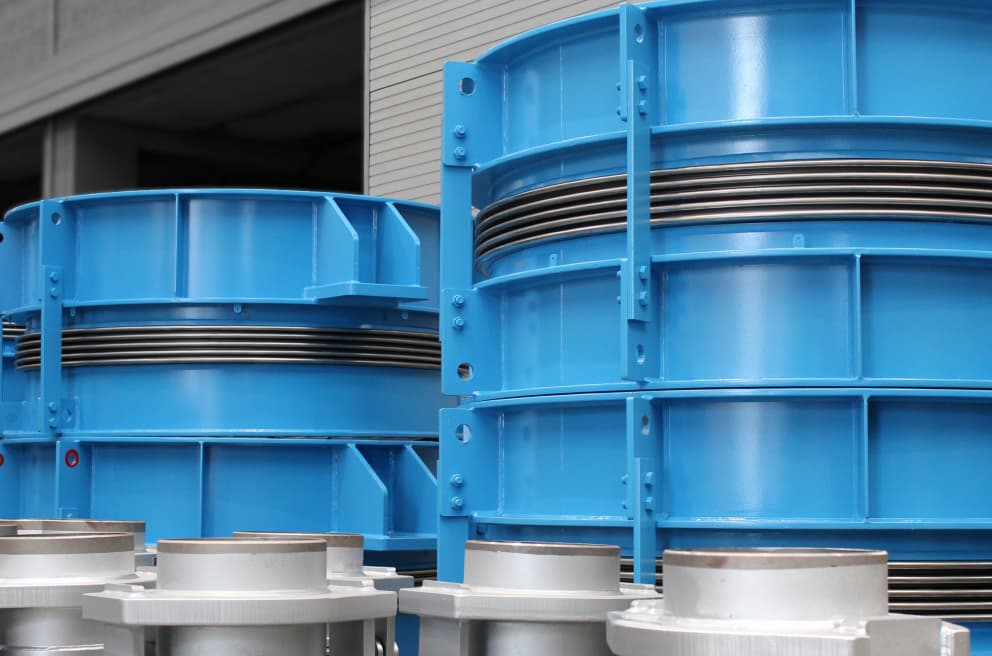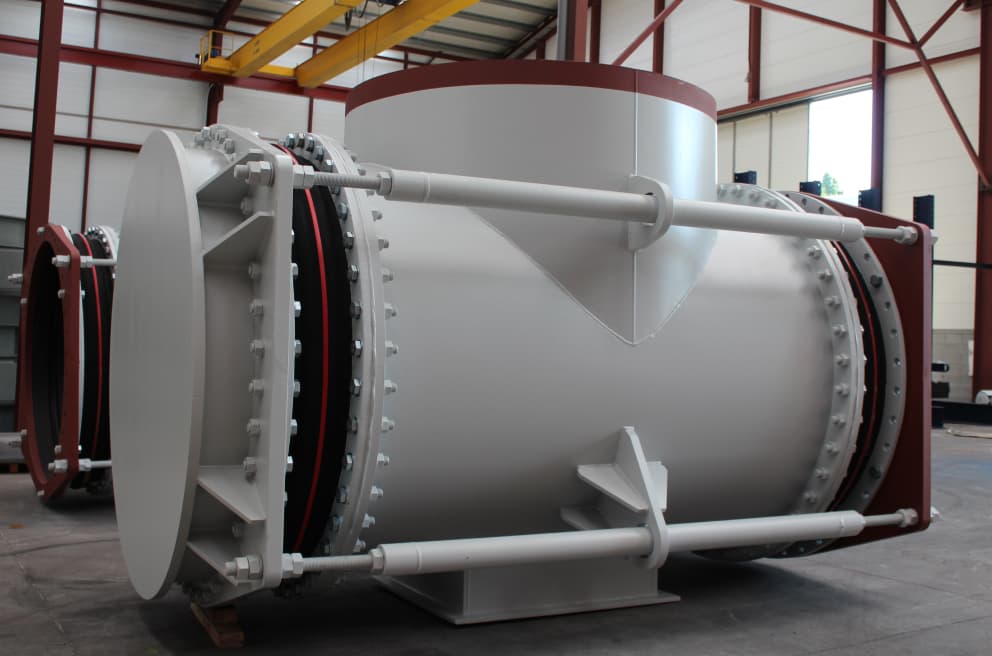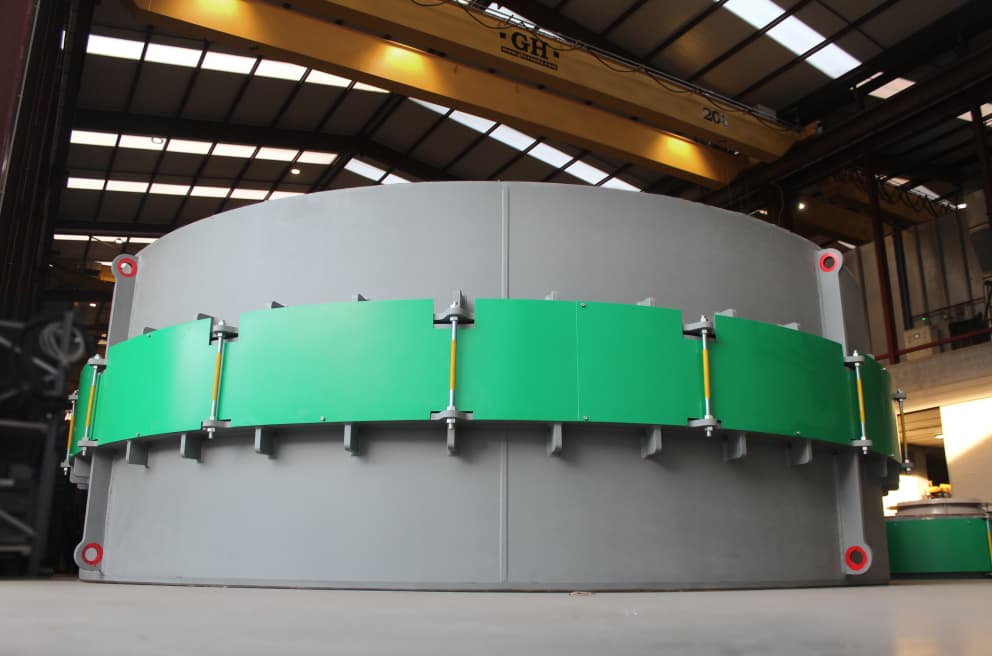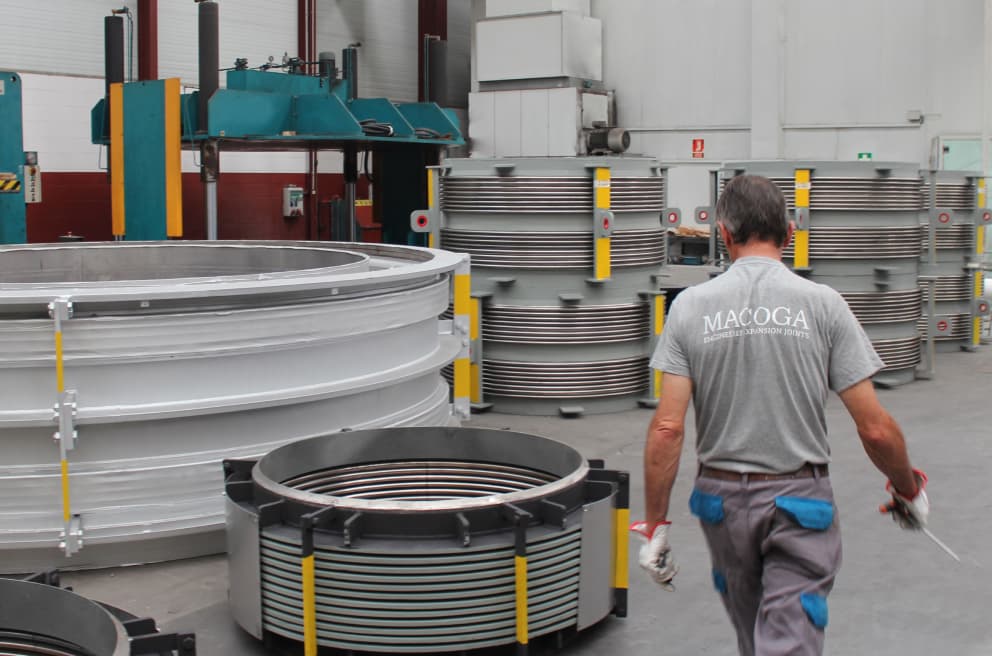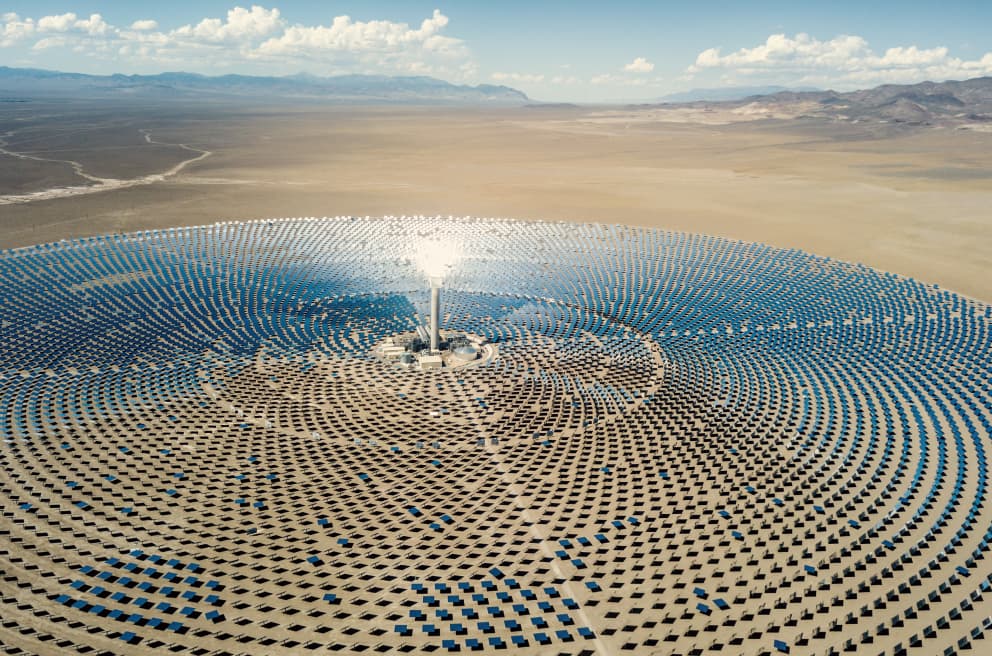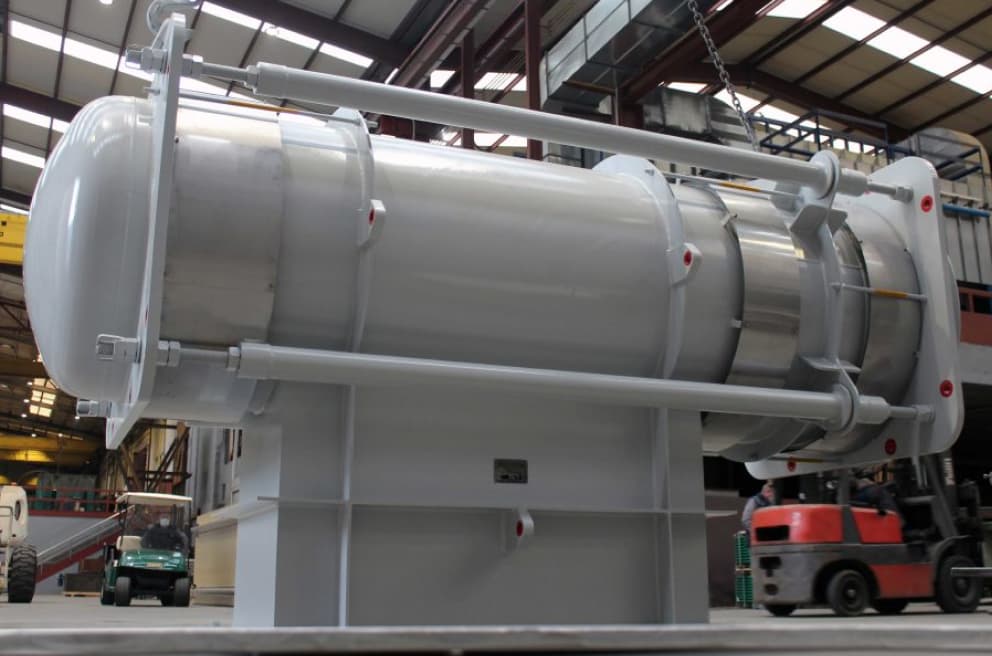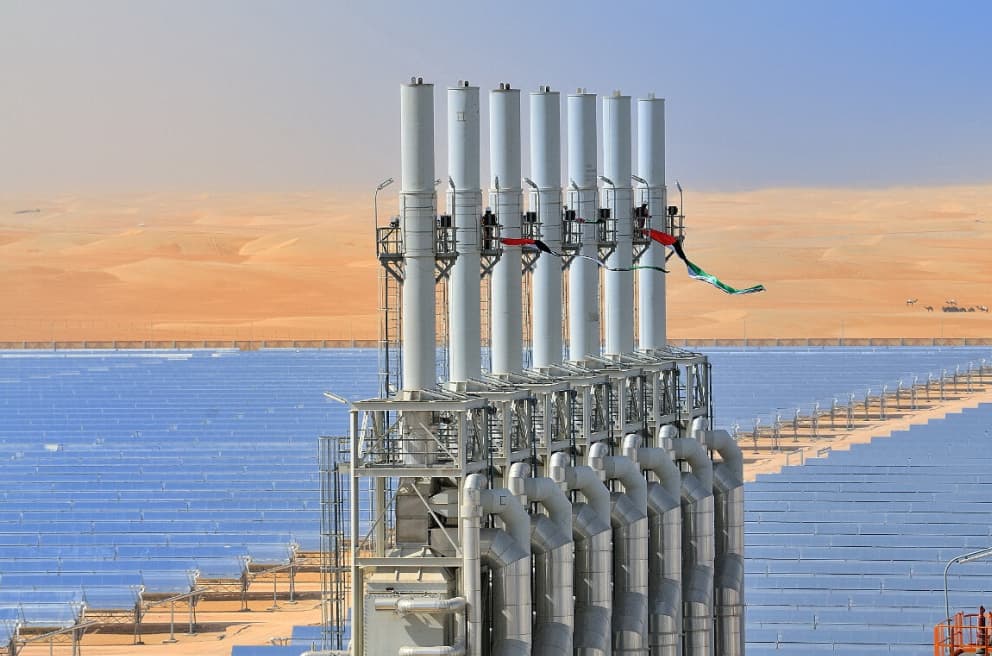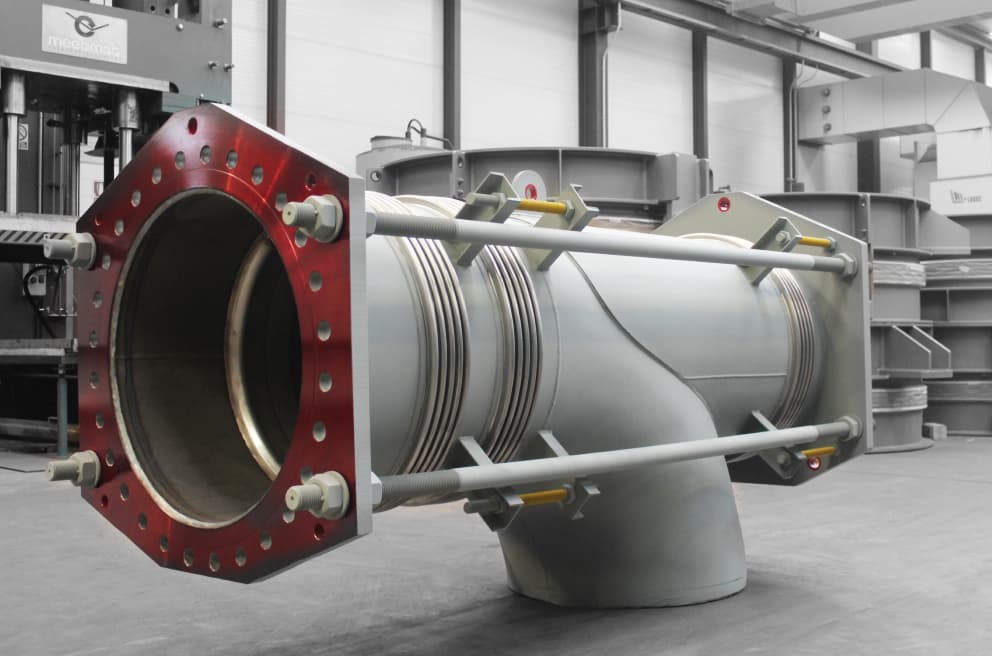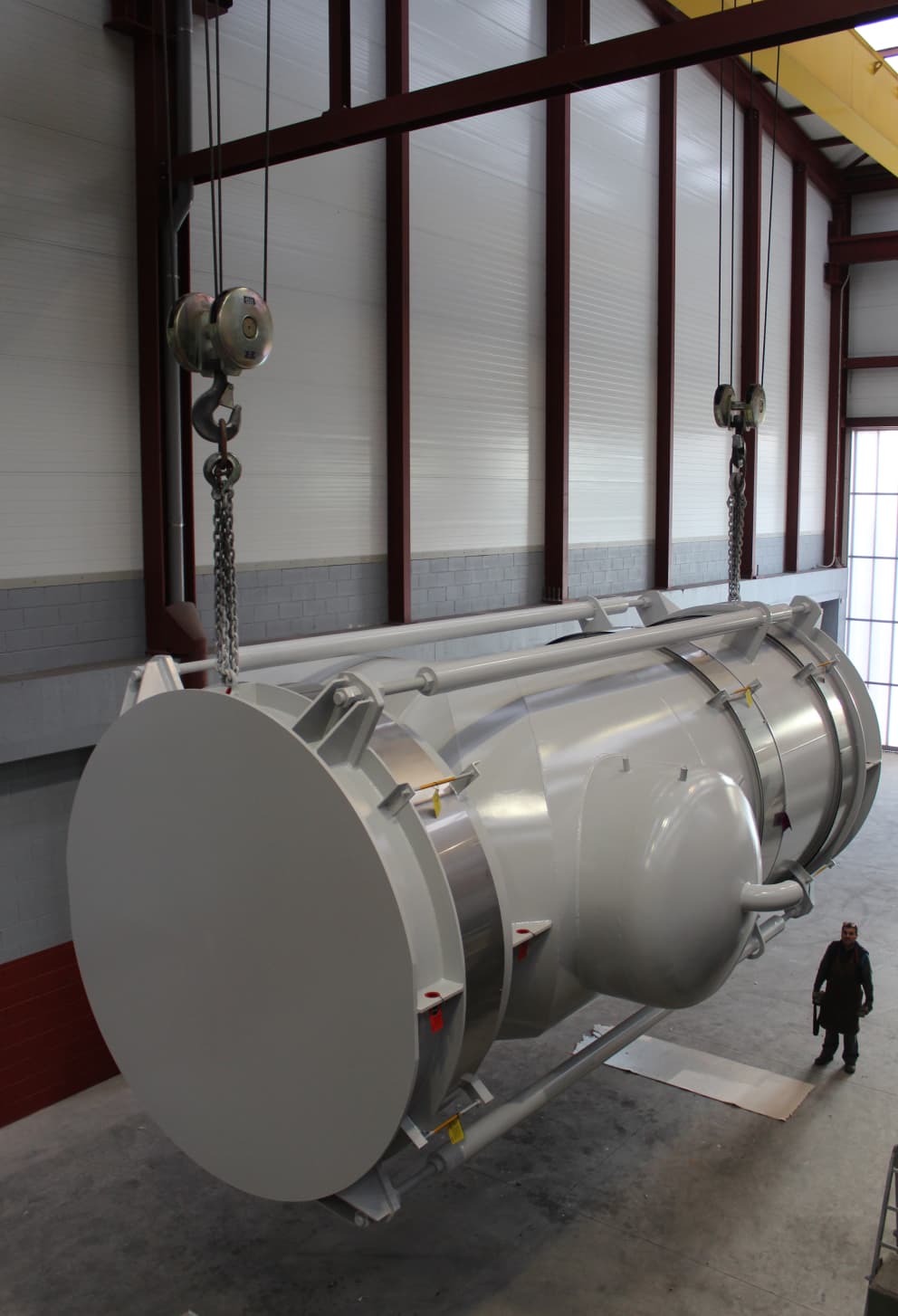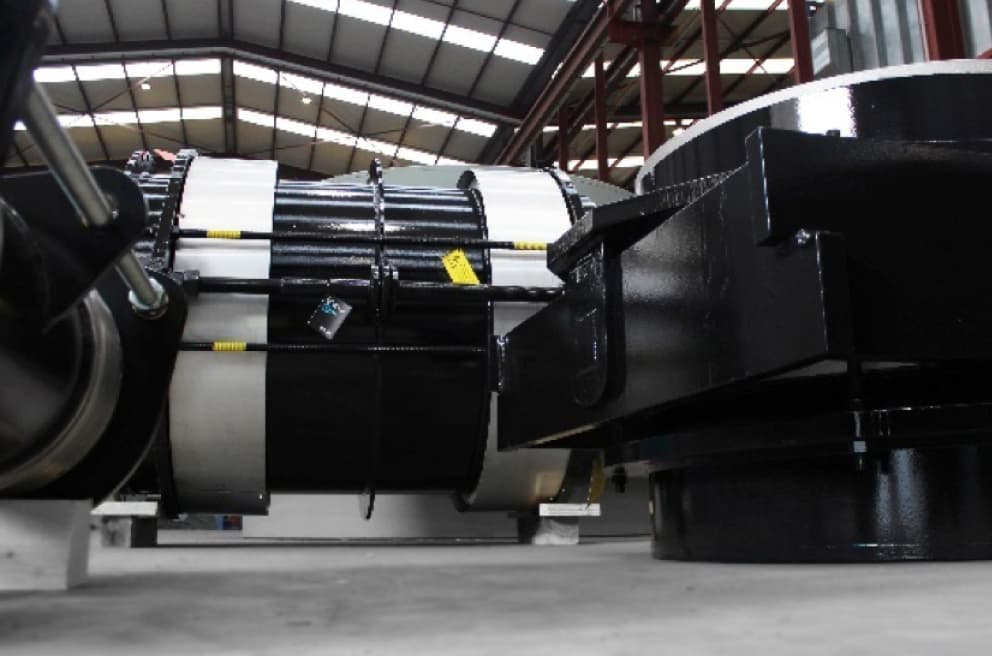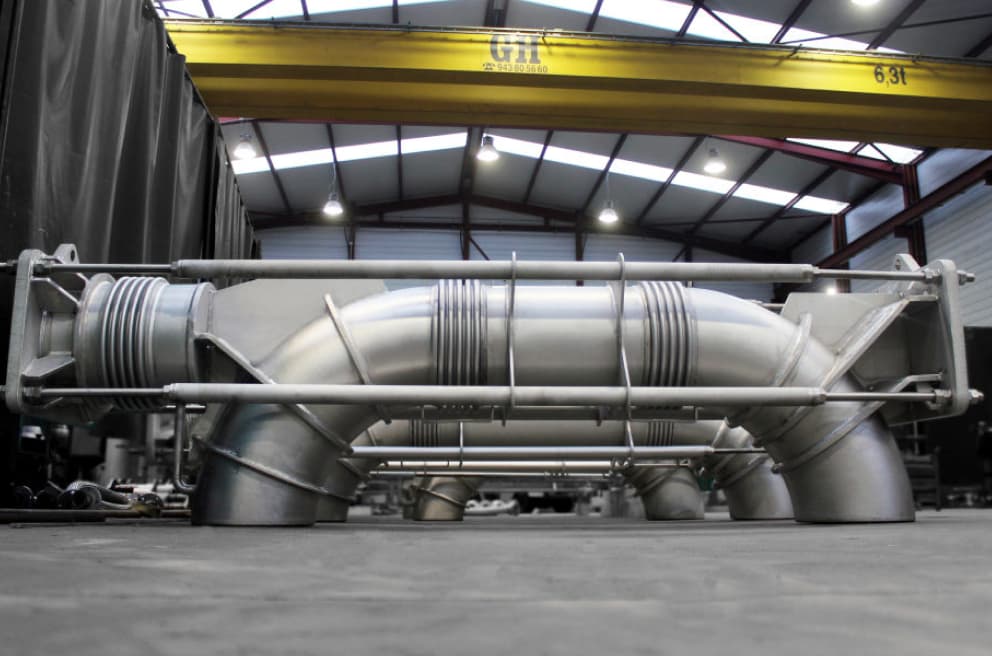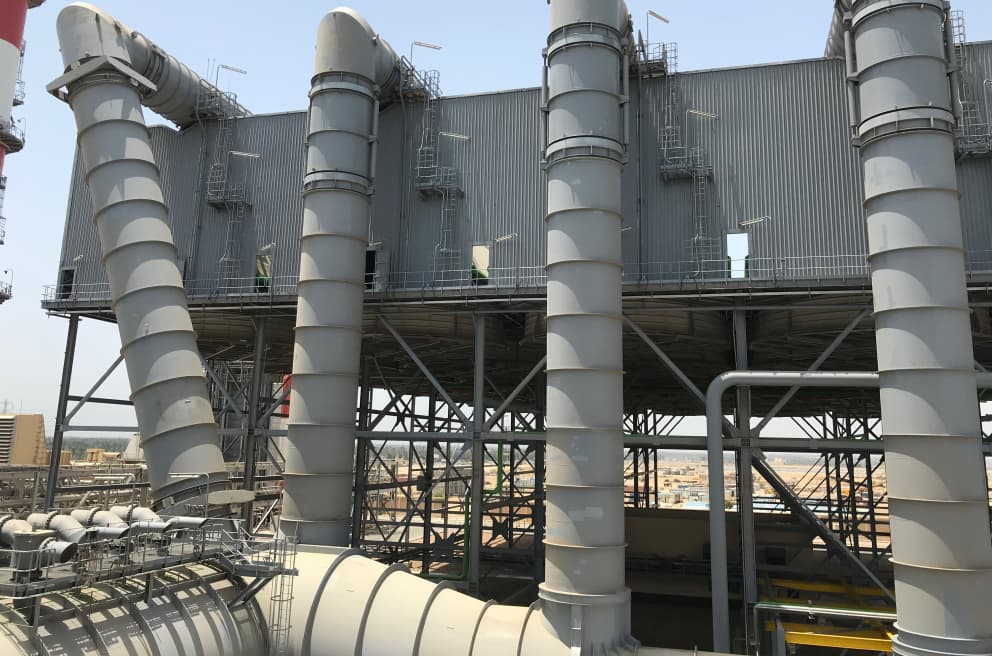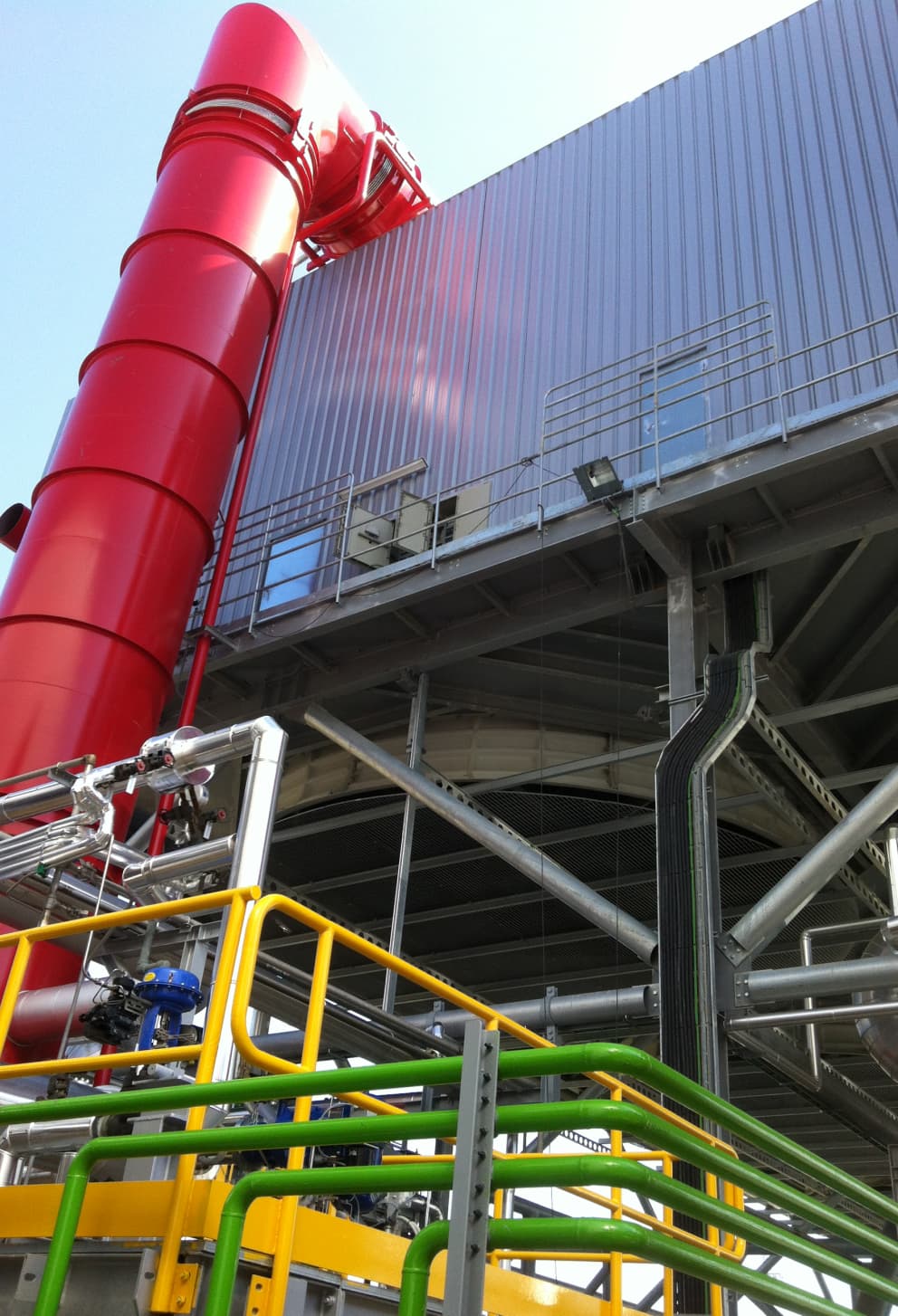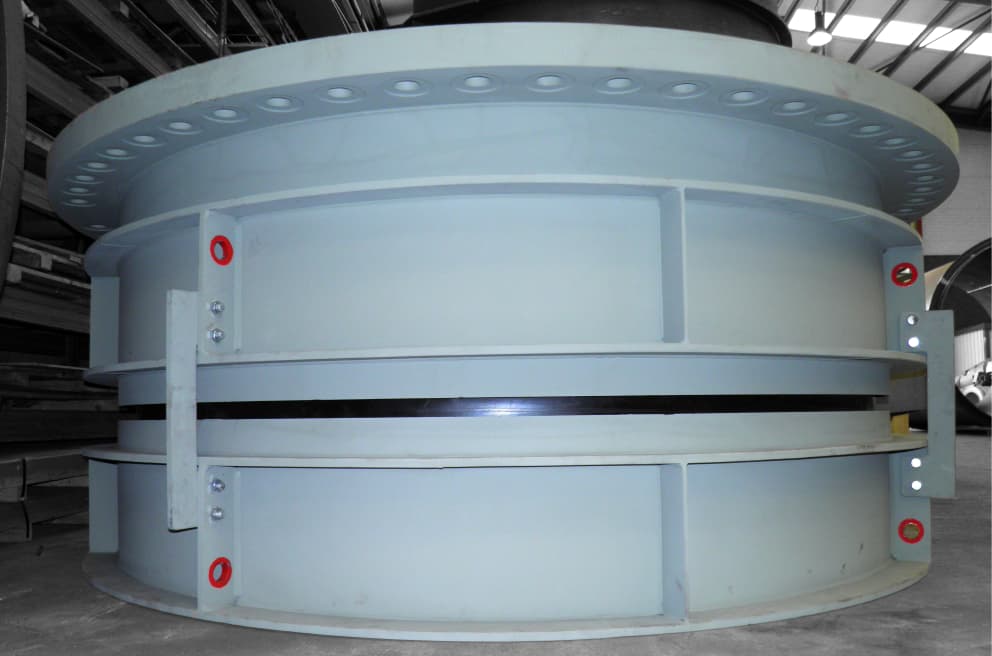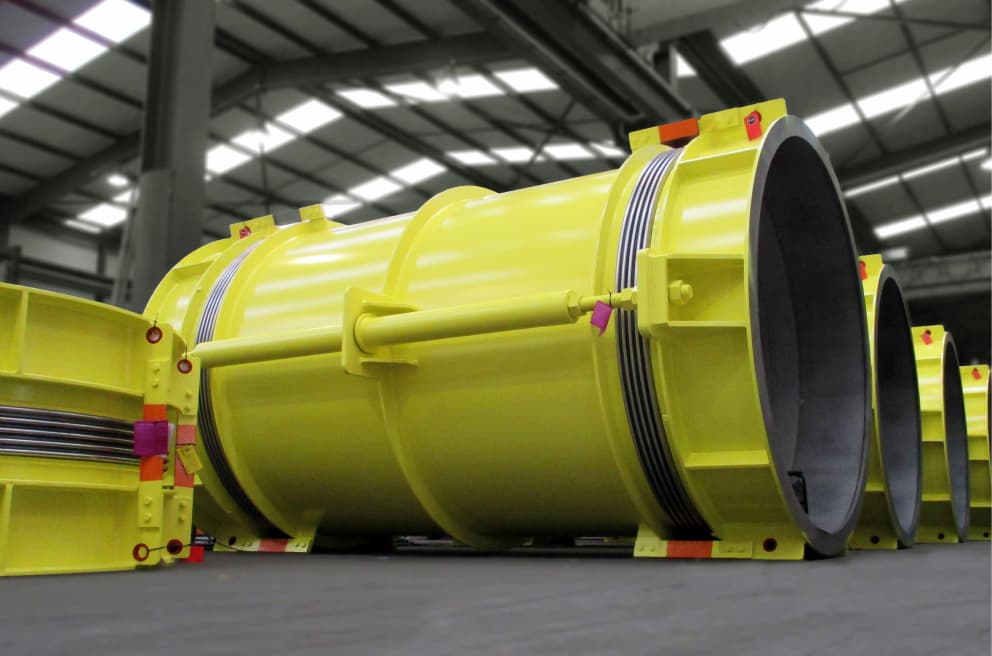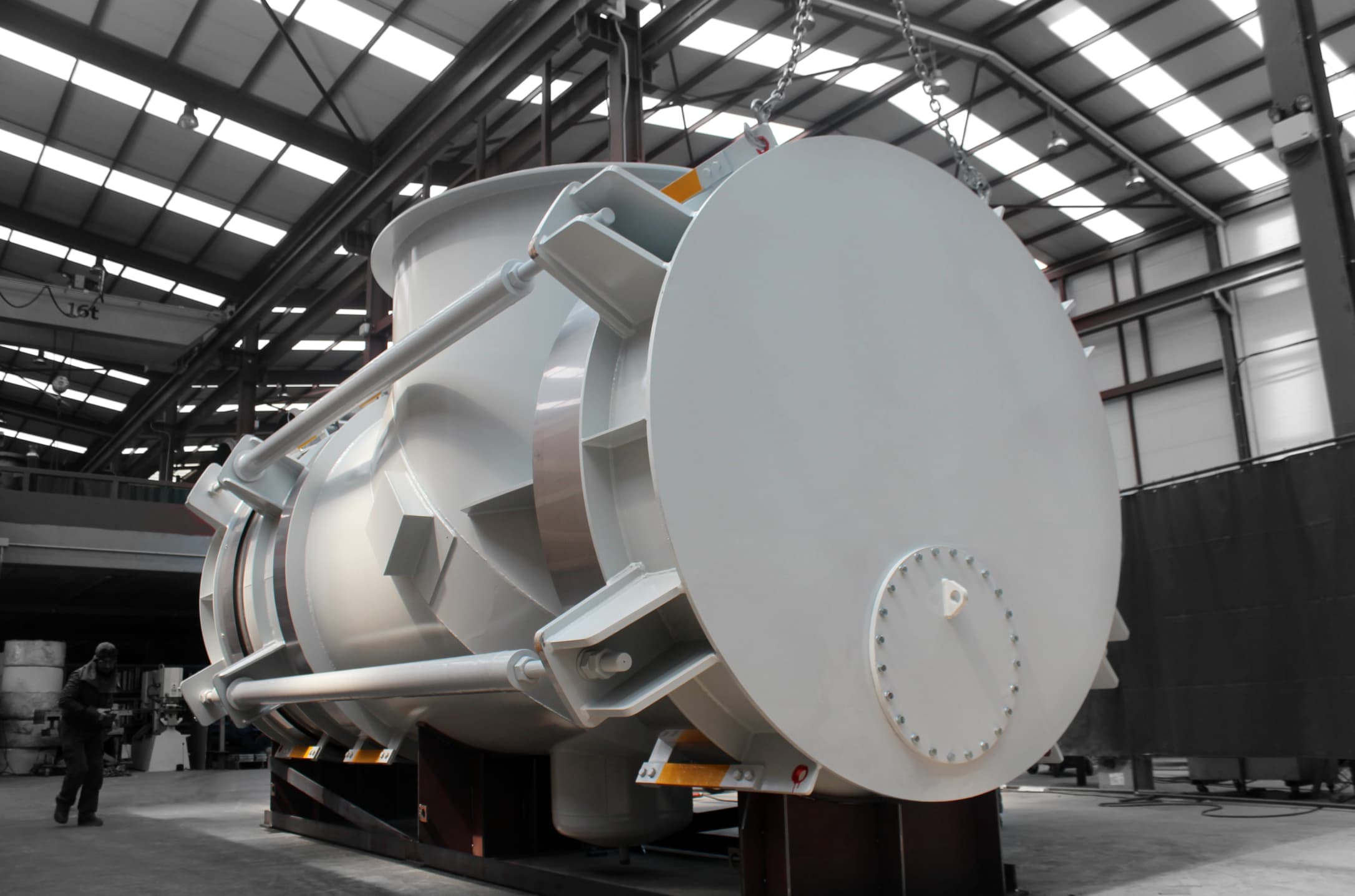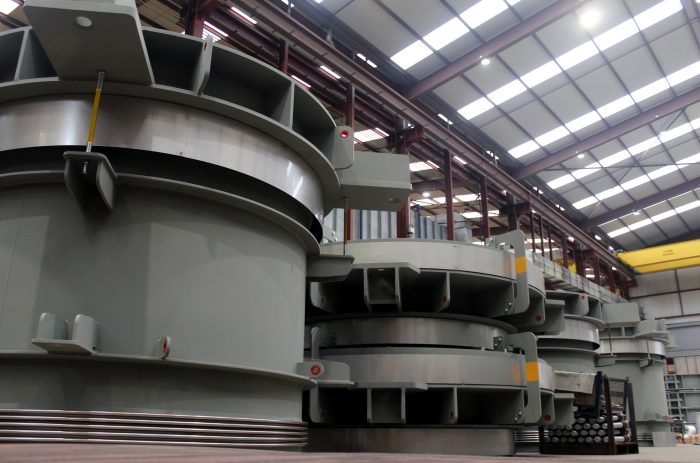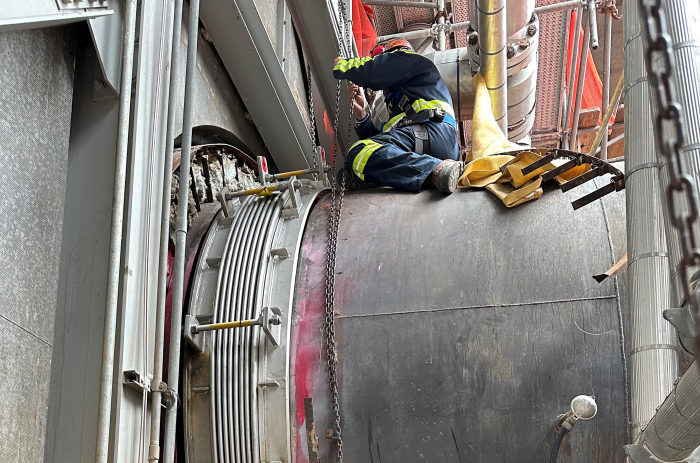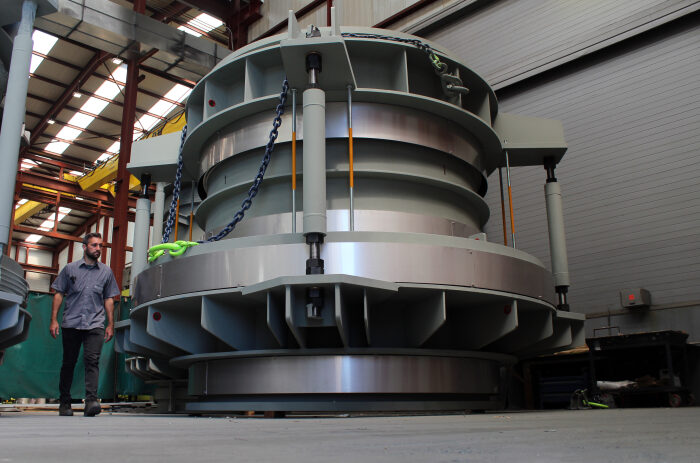
Introduction
Power plants produce the electricity needed for the operation of the economy and society.
A power plant is a facility capable of converting mechanical energy, obtained from primary energy sources, into electrical energy.
Power plants produce electricity from primary energy sources, such as coal, natural gas, nuclear, solar or wind, and most of them use one or more generators that convert mechanical energy into electrical energy.
All power plants are created with the aim of producing electrical energy as efficiently as possible. There are many types of power plants in operation depending on the energy sources used. The introduction of more sustainable forms of energy has led to an increase in the improvement and creation of particular power plants.


